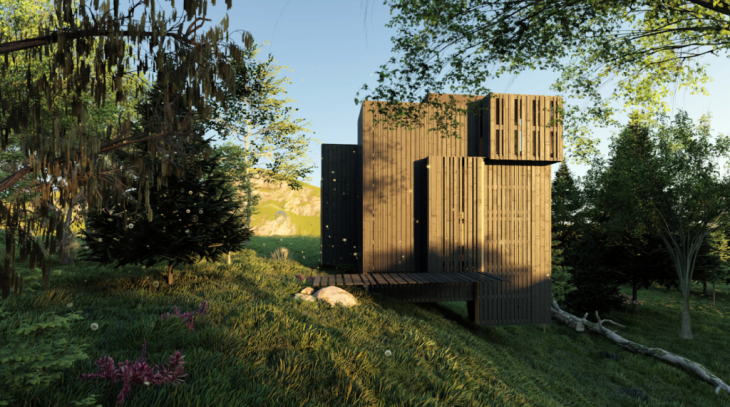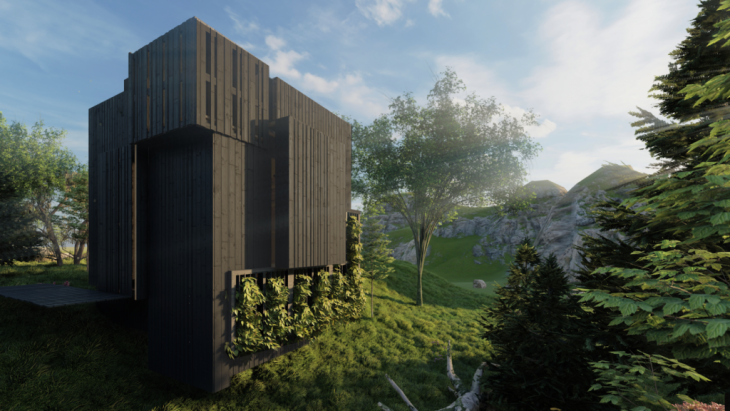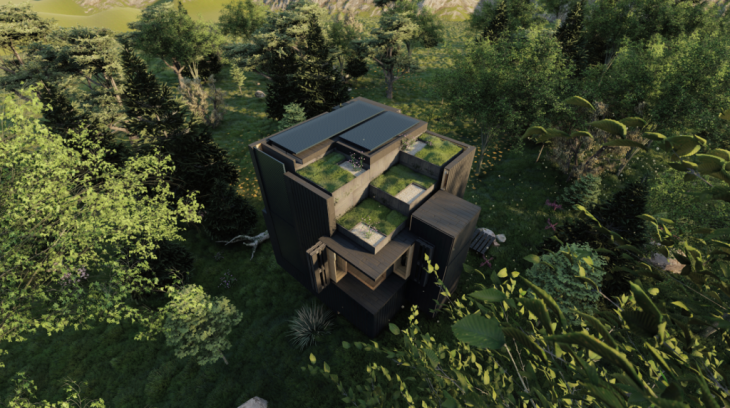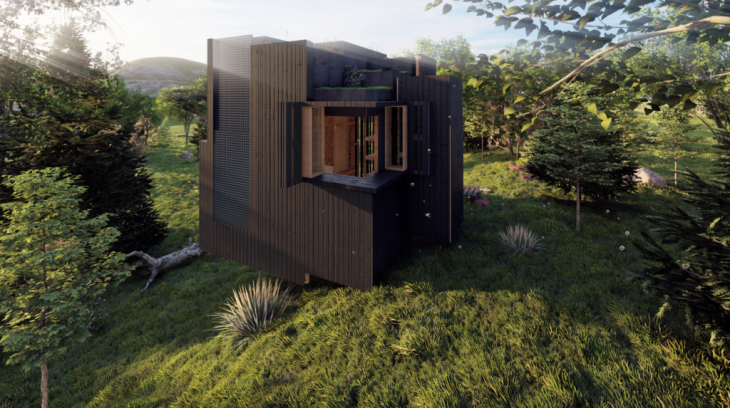Self-sufficiency is a timeless pursuit. From ancestral agricultural societies through monastic hamlets and up to space exploration vessels, countless groups throughout history have developed self-sufficient practices for a vast range of purposes. In recent decades, the pursuit of self-sufficiency has been dramatically energized by the reality of global climate change and the associated need to increase the resilience of human habitations.
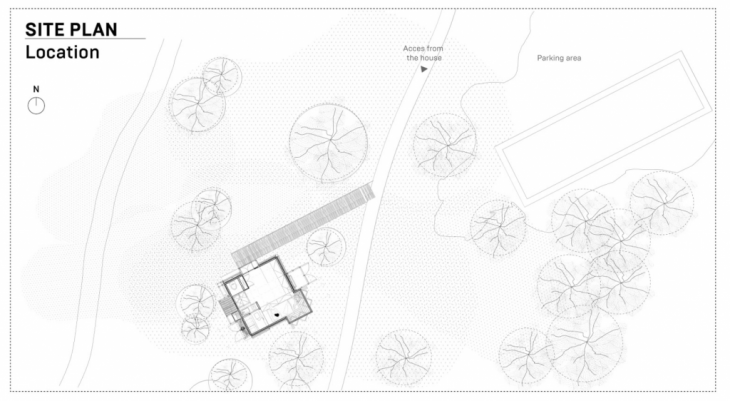
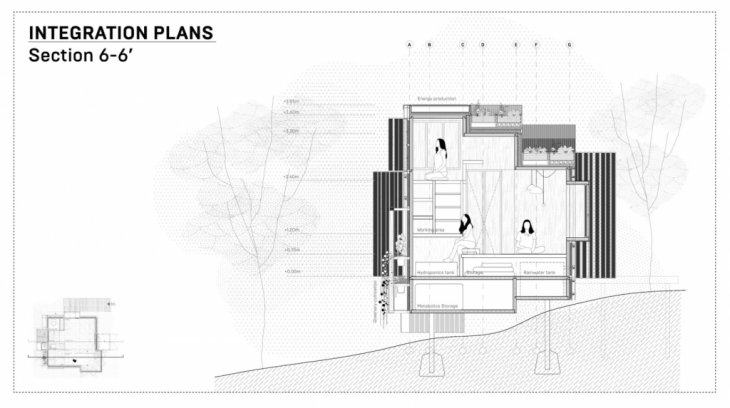
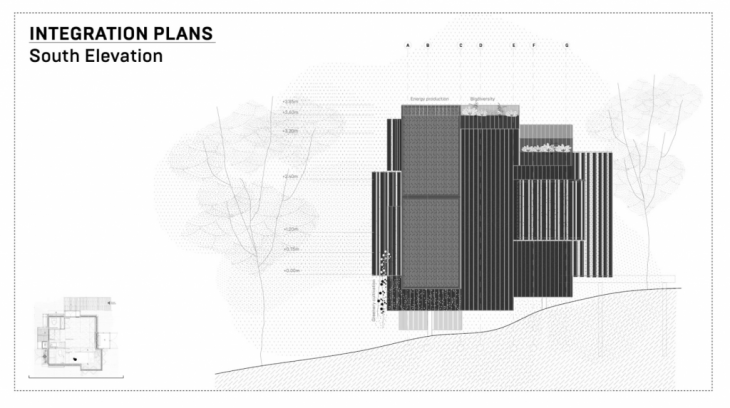
In just the past few months, the realization of resilient, self-sufficient dwellings has gained even greater importance given the widespread instability wrought by COVID-19. Moreover, the contagious nature of COVID-19 demands that individuals attain self-sufficiency while in isolation. In other words, COVID-19 demands self-sufficiency at the domestic scale. Further, whereas the timeline for achieving self-sufficiency to mitigate global climate change may be measured in decades, effectively leveraging self-sufficiency against COVID-19 requires immediate, rapid implementations. Accordingly, the MAEBB will meet this challenge by designing and prototyping a quickly deployable, advanced ecological quarantine cabin.
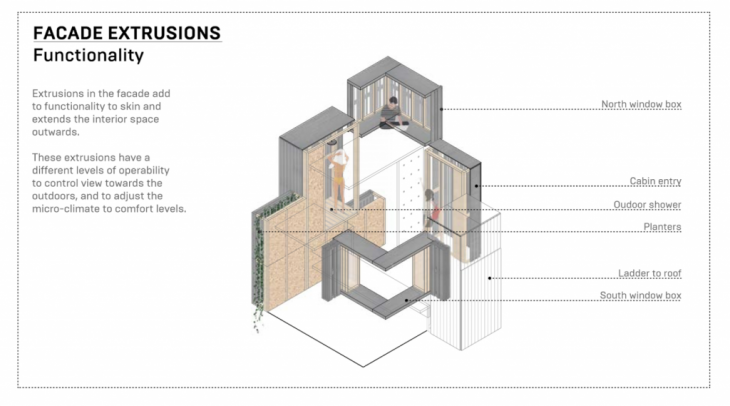
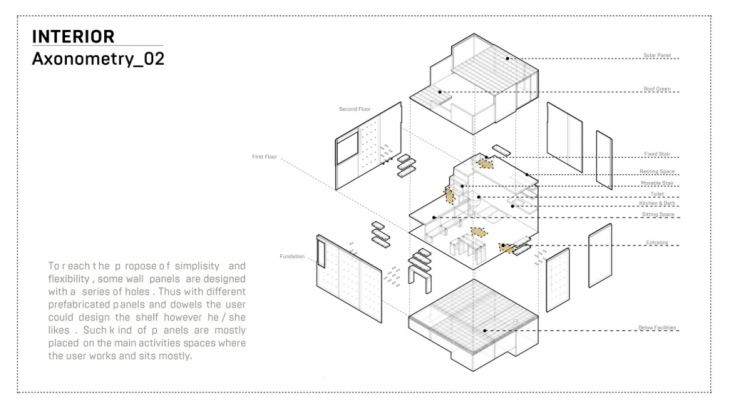
The MAEBB Quarantine Cabin proposal features fully off-grid metabolic systems including photovoltaics, grey-water recycling, rainwater detention, and a vermicultural composting toilet. The roof even incorporates built-in habitat for birds and a pollination garden. The primary material used to construct the cabin will be cross-laminated timber, produced for the first time at Valldaura Labs with a newly installed press and comprised of wood harvested from the surrounding forest earlier this year. The façade will utilize a rainscreen installation, either of wood charred to lend moisture and pest protection in the Japanese yakisugi tradition or of ‘gabions’ packed with foraged sticks rather than the usual stones.
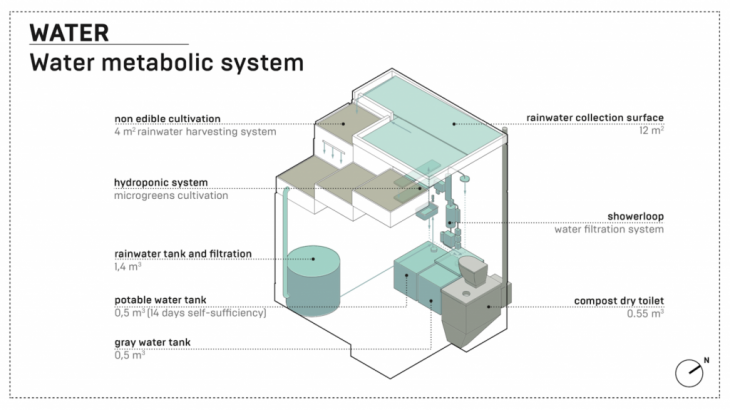
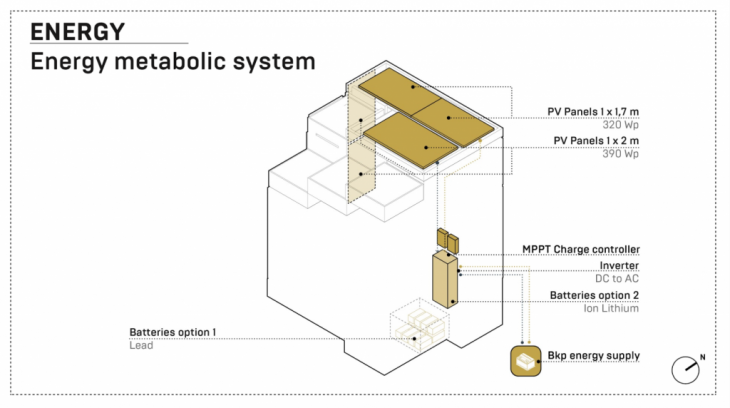
Altogether, these components will shelter a space where newcomers to Valldaura can quarantine in peace and comfort, with their health and wellbeing supported by biophilic design and direct connection to the landscape.
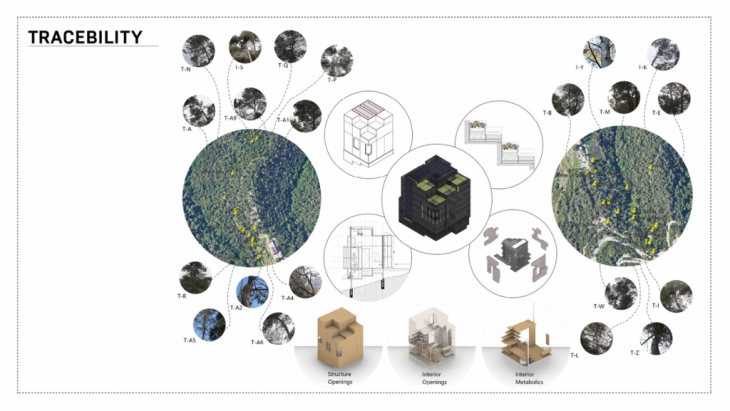
The project will be fully constructed by the MAEBB students and staff (with help from some outside volunteers) over the coming summer months. Stay tuned to keep up with the progress!
